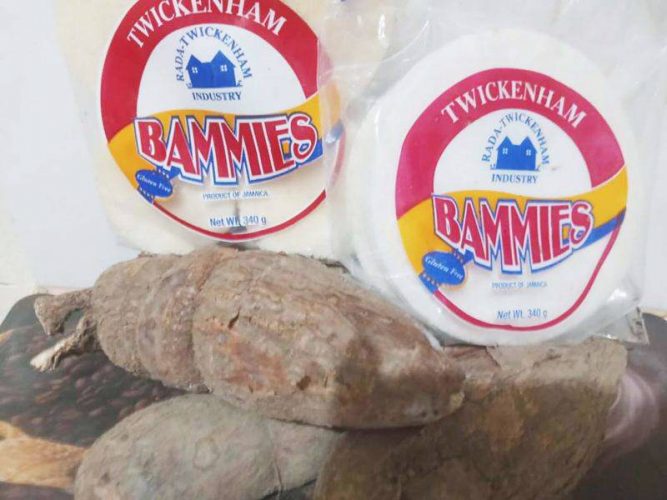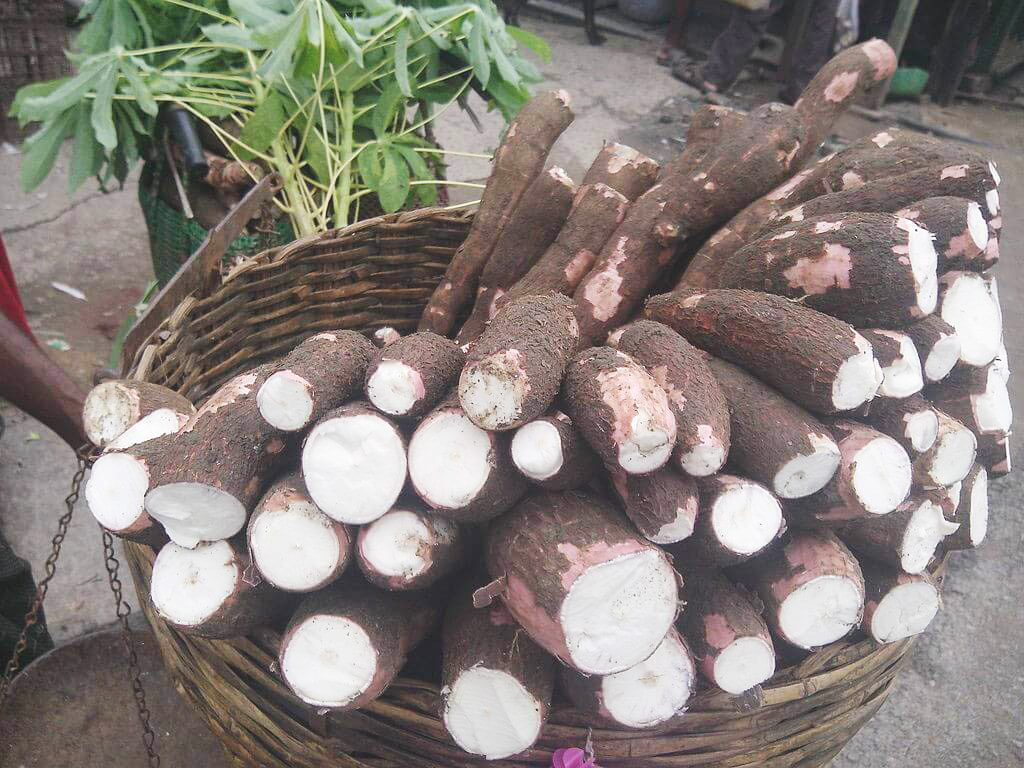Arguably to a far greater extent than anywhere else in the Caribbean, Jamaica, largely through the creativity and ‘sense of hustle’ of ordinary Jamaicans benefits from what is believed to be the most thriving agro processing sector among CARICOM member countries.
Its agro produce has reached the taste and quality standards to allow these to gain market acceptance both inside and outside the region.
Much of Jamaica’s success in this area is believed to derive from what has appeared, consistently to be the support of government. JAMPRO, the state-run entity that styles itself “the premier trade and investment promotions corporation representing the Government of Jamaica” has, over time, established itself as the standout extra-regional production promotion entity in the region.

If there is manifest evidence that our own Guyanese agro processors are neither less diligent or less creative, there is a case for suggesting that the difference between the levels of accomplishment in the agro processing sector here in Guyana could well repose in the ingrained official practice of failing to deliver on promises associated with moving the sector forward.
By contrast, with Jamaica it is not simply a matter of chatter. Recently, and not for the first time the country presented data generated by the Statistical Institute of Jamaica, (STATIN) to make a point, particularly, about the agro-processing sector’s accomplishments in its pursuits in the popularization of cassava and cassava on the international market.
Recent STATIN export data declares that “exports of both dried cassava, cassava flour and bammy has been on the increase since 2019.” The extent of the success of this ‘cassava drive’ has meant that it has become a challenge to source cassava in sufficient quantities to ensure that the supply of cassava products keeps pace with demand.
If the country’s farmers are unable to deliver in the volumes that allow manufacturers to keep pace with product demand then Jamaica can do worse than look to Guyana where the limitations of the country’s agro processing sector coupled with what, frequently, are farm to market delivery challenges, result in significant waste.
A report in the Jamaica Observer of Wednesday November 23 states that the shortage of cassava having already pushed a local beverage manufacturer (who uses the cassava root to manufacture beer) out of business now has producers of the popular Bammy in its sights.
The country’s Rural Agricultural Development Authority (RADA) recently afforded the Observer statistics which put the demand for cassava to fill Bammy orders from at home and the United States at between 80,000 and 90,000 pounds monthly.
Rainforest Caribbean, another Jamaica-based Caribbean-wide processor and supplier of frozen foods in the region has been making ‘noises’ about its cassava supplies travails. Not even the presence of various thriving farming cooperatives on the island appears to be sufficient to remedy the supply deficit.
Purely from the perspective of ‘good business’ a scarcity of cassava is ‘no joke’ for Jamaican businesses. Statistics published as part of the Jamaica Observer story indicate that Bammies and dried cassava are responsible for several hundreds of thousands of US dollars in revenue annually. Dried cassava produced in Jamaica has secured markets in Canada, the United Kingdom and the United States. Cassava flour produced in Jamaica also enjoys markets in Trinidad and Tobago while Bammy is also exported to Barbados, Australia, Canada, the Cayman Islands and St Maarten among other territories.






